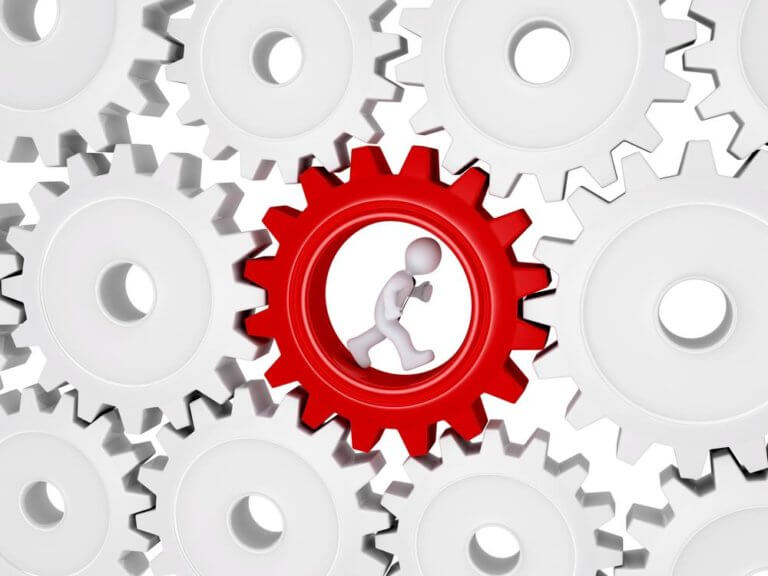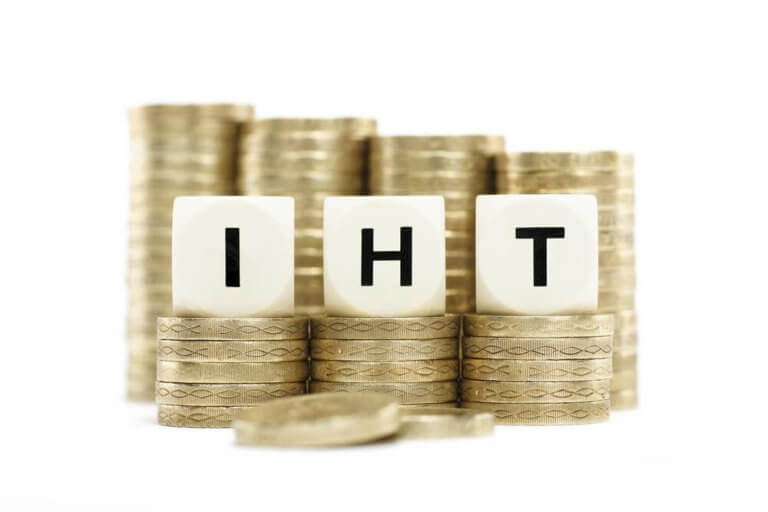The competition will be based on the official World Cup tournament’s groups. The winning country for each match will be determined by metrics such as the relative strengths of GDP growth, currencies, equities, inflation, unemployment, commodities and other macro data. The metric for each game will be drawn at random on the morning of the match. The two countries that emerge from each group in the pool round will be those with the best performance, according to our market/financial metrics.
For instance, the US is due to play Portugal in Group G. If the selected metric is FX, the winner will be determined by the performance of the euro vs. dollar on the day of the match. Traders might favour the dollar given its quiet comeback since the spring, but equally market volatility might give the euro an unexpected edge. In a similar way, other outcomes will be judged on the best equity market performance, or the average return of two key exporting goods such as cotton or crude oil.
The competition is open to all through the TradingFloor.com platform, Saxo Bank’s proprietary social trading platform which allows users from around the world to share their trading strategies and performance across a broad range of asset classes. Participants simply need to register and name their chosen winner from the 32 countries to be eligible for the prize.
A dedicated webpage will provide interactive tables and scores as well as serving as a forum through which participants can debate the match outcomes.
Steen Jakobsen, Chief Economist & CIO at Saxo Bank, said: “There are manifold similarities between playing the markets and playing the beautiful game. Whilst Spain has dominated the sport since the last World Cup, its dominance in Brazil is by no means assured; the familiar investment disclaimer, “Past success is no guarantee for future success”, is equally true for football. Both the markets and competitive sport are subject to unforeseen, disruptive forces which make picking winners difficult to predict.
“Football continues to be the one game which can get us all excited. If politicians and policy makers had been active footballers, they would understand that football has all the solutions to the world’s economic problems: a strong team has a great defence, skills and individualism in midfield and a vanguard of clinical strikers.”
























